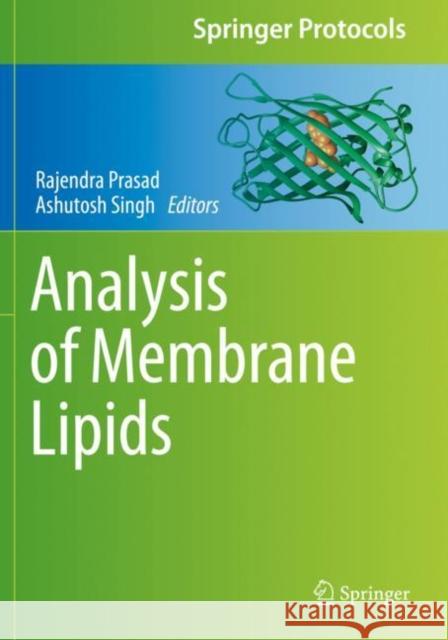Analysis of Membrane Lipids » książka
topmenu
Analysis of Membrane Lipids
ISBN-13: 9781071606339 / Angielski / Miękka / 2021 / 222 str.
Analysis of Membrane Lipids
ISBN-13: 9781071606339 / Angielski / Miękka / 2021 / 222 str.
cena 533,13
(netto: 507,74 VAT: 5%)
Najniższa cena z 30 dni: 501,19
(netto: 507,74 VAT: 5%)
Najniższa cena z 30 dni: 501,19
Termin realizacji zamówienia:
ok. 16-18 dni roboczych.
ok. 16-18 dni roboczych.
Darmowa dostawa!
Kategorie:
Wydawca:
Springer
Seria wydawnicza:
Język:
Angielski
ISBN-13:
9781071606339
Rok wydania:
2021
Wydanie:
2020
Numer serii:
000389047
Ilość stron:
222
Waga:
0.45 kg
Wymiary:
25.15 x 19.56 x 1.02
Oprawa:
Miękka
Wolumenów:
01











